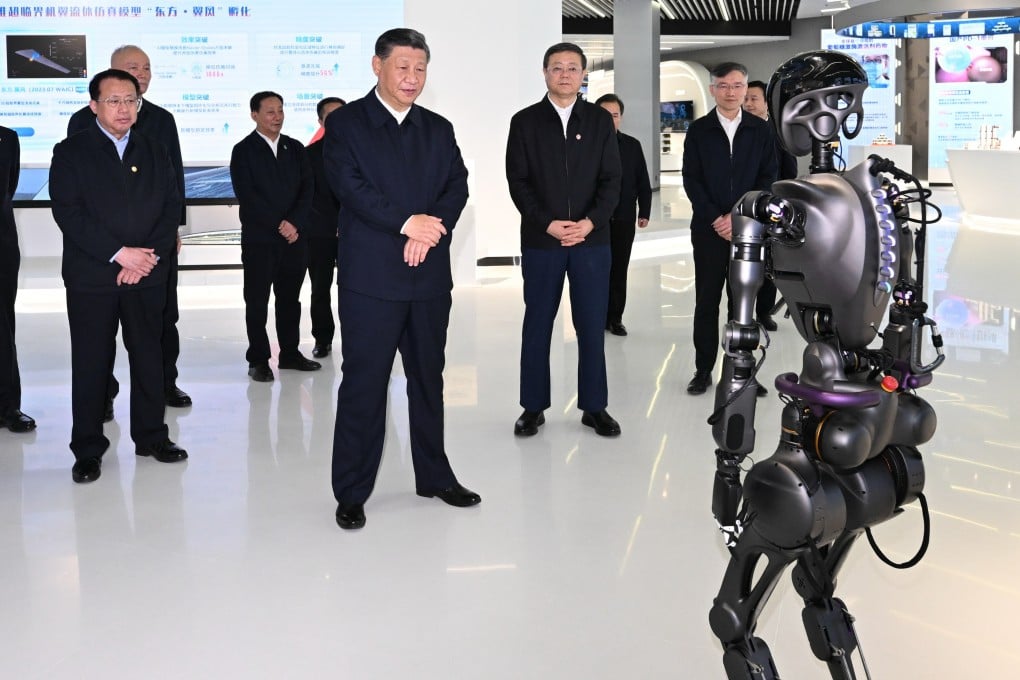Opinion | How China’s unique value system underpins its prosperity and innovation
- A new book by MIT professor Yasheng Huang suggests China’s political economy has long operated under a mix of autonomy and control
- The nation’s development strategy has largely reached its limits and Beijing must now harness its innovative potential to spur its ‘animal spirits’ while pursuing greater liberalisation

Before the keju system was introduced, China was producing some of history’s most transformative inventions such as gunpowder, the compass and paper. Huang’s empirical research suggests Chinese creativity peaked between 220 and 581, during the rather chaotic Han-Sui interregnum. “The first wave of technological stagnation in China,” Huang observes, “coincides with the end of China’s political fragmentation.”
The book does seem to overstate some aspects of the historical record to offer a “cleaner” narrative than might be warranted. A data set of prime ministerial resignations forms the basis of Huang’s conclusion that, with the introduction of keju, checks and balances between emperors and their bureaucrats disappeared in favour of a “symbiotic relationship”.
Huang can also be extremely perceptive such as when he challenges David Landes’ judgment that the state kills technological progress. Huang argues that “China’s early lead in technology was derived critically – and possibly exclusively – from the role of the state.” Quoting the Nobel laureate economist Douglass North, he writes: “If you want to realise the potential of modern technology, you cannot do it with the state, but you cannot do without [the state], either.”


